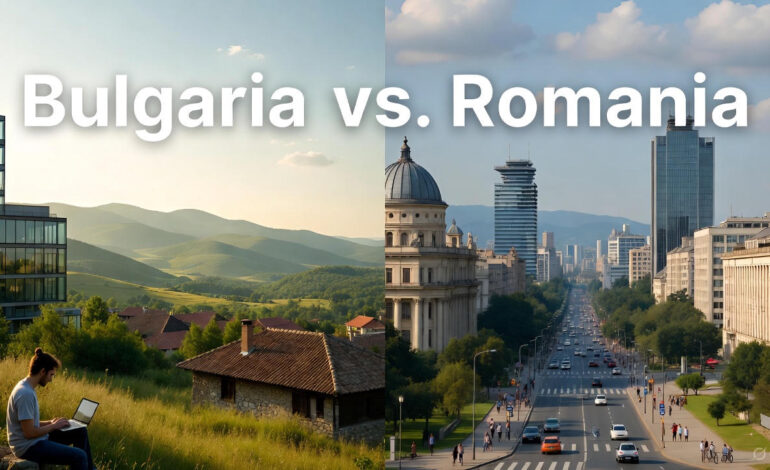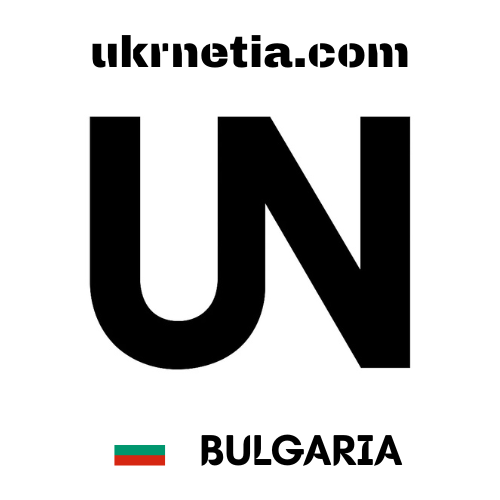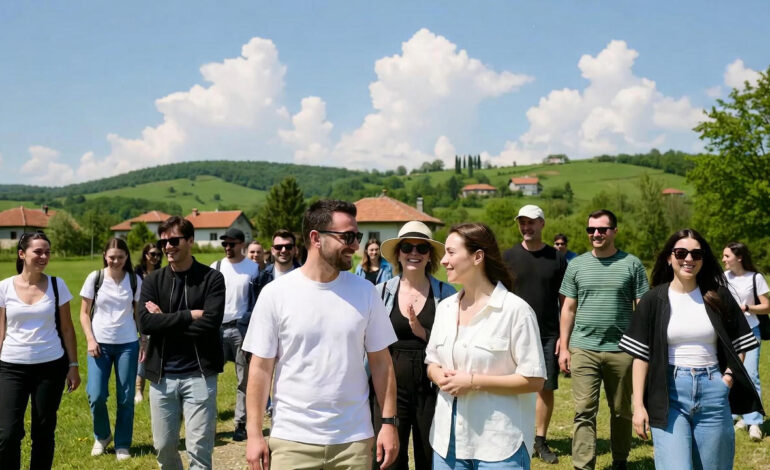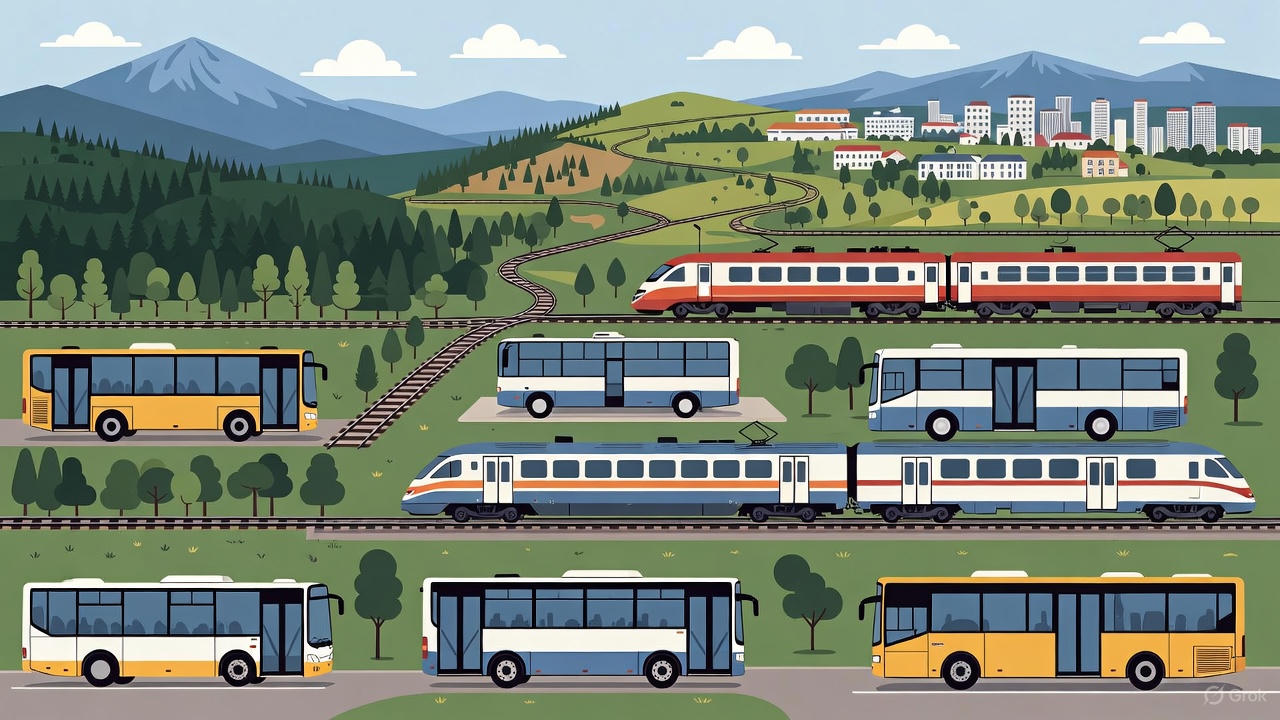Bulgaria vs. Romania Which Eastern European Gem is Better for Western Remote Workers and Freelancers

As remote work continues to reshape global lifestyles, citizens from the United States, Canada, and other Western nations are eyeing affordable EU destinations for long-term stays. In my previous article, I highlighted Bulgaria’s allure: ultra-low housing costs, Starlink-enabled rural connectivity, fresh local produce, full Schengen access, and a mild climate with sea and mountains. But how does it stack up against its neighbor, Romania? Both countries share Balkan roots, EU membership, and emerging digital nomad scenes, yet subtle differences in costs, infrastructure, and vibes could tip the scales. Drawing on 2025 data, this comparison focuses on key factors for freelancers earning Western salaries—housing affordability, internet access, living expenses, legal perks, geography, and expat communities—to help you decide.
Housing Costs: Neck-and-Neck Affordability with a Slight Edge to Bulgaria
Housing remains the biggest win for both nations compared to Western prices, where a one-bedroom in U.S. cities like Austin averages $1,800 USD monthly, or Toronto hits $2,000 CAD ($1,450 USD). But let’s break it down by major cities using mid-2025 figures.
In Bulgaria:
- Sofia (capital): One-bedroom city-center rent: 500–700 EUR ($540–$755 USD); purchase price per sqm: ~1,840 EUR ($1,990 USD), so a 50 sqm apartment costs ~92,000 EUR ($99,500 USD).
- Plovdiv (cultural hub): Rent: 400–600 EUR ($430–$650 USD); per sqm: 1,500–1,800 EUR.
- Varna/Burgas (Black Sea coast): Rent: 350–550 EUR ($380–$595 USD); per sqm: 1,200–1,600 EUR.
- Rural/villages: Rents as low as 200–400 EUR; small houses under 50,000 EUR.
In Romania:
- Bucharest (capital): One-bedroom city-center rent: 400–500 EUR ($430–$540 USD); per sqm: ~1,862 EUR ($2,010 USD), for a 50 sqm unit ~93,100 EUR ($100,500 USD).
- Cluj-Napoca (tech center): Rent: 450–650 EUR ($485–$700 USD); per sqm: up to 3,000 EUR (premium area).
- Timișoara/Brașov (western hubs): Rent: 350–500 EUR ($380–$540 USD); per sqm: 1,500–2,000 EUR.
- Rural/Transylvania villages: Rents 250–450 EUR; houses from 40,000 EUR.
Verdict: Bulgaria edges out with 5–10% lower averages, especially in coastal and rural spots, allowing more savings or luxury on a $60,000 USD freelance income. Romania’s Cluj-Napoca is pricier due to its IT boom, but both let you buy equity fast—think a sea-view flat for under $100,000 USD versus half a million back home.
Rural Connectivity: Starlink Levels the Playing Field
Gone are the days of dial-up in the countryside. Starlink, available in both countries since 2022, delivers 100–200 Mbps for 50–60 EUR/month, transforming remote villages into viable workspaces. In Bulgaria’s Rhodope Mountains or Romania’s Carpathians, you can snag a stone cottage for 30,000–50,000 EUR with satellite speeds rivaling urban fiber—no more buffering client calls.
Both nations have spotty traditional broadband in rural areas (20–50 Mbps where available), but Starlink’s low latency (under 50ms) suits video editing or coding. User reports from 2025 forums praise it equally: “Game-changer for my Transylvanian farm office” (Romania) mirrors “Finally, reliable Zoom in the Bulgarian hills.” Costs are identical, but Bulgaria’s denser rural expat pockets mean easier setup support.
Verdict: A tie—Starlink erases geography, letting you live cheaply amid nature in either.
Food and Daily Living: Fresh, Healthy, and (Mostly) Equal Bargains
Both countries shine with farm-to-table bounty, far cheaper than U.S. organics ($4–6/lb tomatoes) or Canadian groceries ($200+/month basics). Expect 200–350 EUR/month per person for wholesome meals.
- Bulgaria: Yogurt (invented here!) at 1–2 EUR/liter; seasonal veggies 1 EUR/kg; grass-fed meats 6–9 EUR/kg. Markets in Sofia or village co-ops keep it ultra-local.
- Romania: Similar—fresh cheeses and sarmale ingredients at 1–2 EUR/kg; Black Sea fish 5–8 EUR/kg. Bucharest’s markets rival Sofia’s, with a slight nod to Romania’s wine regions for affordable vintages (3–5 EUR/bottle).
Overall cost of living? Per 2025 Numbeo and LivingCost.org data, Bulgaria (~941 USD/month excluding rent) is 0.1–3.6% cheaper than Romania (~942 USD), but Sofia vs. Bucharest flips to Bucharest 0.5% lower including rent. Utilities (100–150 EUR) and transport (metro passes ~25 EUR) are comparable. Both beat Western inflation, funding adventures on freelance scraps.
Verdict: Draw—nutrient-rich, low prices fuel health without the $500 U.S. grocery shock.
EU and Schengen Perks: Full Access for Both in 2025
As EU members since 2007, both offer rule of law, low crime (safer than many U.S. cities), and affordable healthcare (public free for residents; private ~50 EUR/visit). The big 2025 upgrade: Full Schengen membership from January 1, ending land border checks. Drive from Sofia or Bucharest to Paris visa-free—no more 90/180-day tourist limits for short EU jaunts.
Residency? Bulgaria’s new Digital Nomad Visa (launched 2025) targets non-EU remote workers with employer letters, yielding 1–2 year stays. Romania’s similar program emphasizes tech hubs like Cluj. Taxes: Flat 10% personal income in both (vs. 20–40% in the West), though U.S./Canadian expats must navigate home-country filings.
Travel: Ryanair flights to Berlin or Rome under 50 EUR from either capital. Proximity to Greece/Turkey adds spice.
Verdict: Identical—Schengen seals security and mobility, feeling “protected” amid global uncertainty.
Climate and Geography: Mountains, Sea, and Mild Winters
Both boast 300+ sunny days, mild winters (0–10°C/32–50°F inland), and warm summers (25–30°C/77–86°F). Bulgaria’s Black Sea coast (Varna beaches) and Balkan/Rhodope Mountains (Bansko skiing, 30 EUR/day passes) mirror Romania’s Black Sea (Constanța) and Carpathians/Transylvania (world-class hikes). Romania adds Danube Delta biodiversity; Bulgaria, Rose Valley blooms.
For remote workers: Bulgaria’s compact size means Sofia-to-sea in 4 hours; Romania’s vastness suits epic road trips but longer drives.
Verdict: Tie—diverse, temperate outdoors boost work-life balance.
Expat and Nomad Communities: Bulgaria’s Cozier Hubs vs. Romania’s Tech Surge
Bulgaria leads for Western freelancers: Bansko’s Nomad Stays (Europe’s first “nomad town”) hosts 1,000+ seasonal remote workers with events and coworking (10–15 EUR/day). Sofia’s Lozenets and Plovdiv’s Kapana buzz with English-speaking meetups; 2025 Digital Nomad Visa has swelled numbers. U.S./Canadian groups thrive on Facebook/Reddit.
Romania counters with Cluj-Napoca’s booming IT scene (20,000+ expats) and Bucharest’s vibrant nomad cafes. Transylvania’s castles draw retirees, but communities skew Eastern European/Turkish. Both have solid English penetration (60–70% urban), but Bulgaria feels more “Western-friendly” per 2025 expat surveys.
Verdict: Bulgaria wins for tight-knit, freelancer-focused networks; Romania for tech-savvy scale.
The Bottom Line: Bulgaria for Serenity, Romania for Ambition
For U.S./Canadian remote workers, both crush Western costs—saving $1,000–2,000/month on housing alone—while delivering EU stability and Starlink freedom. Bulgaria pulls ahead for pure affordability, rural charm, and nomad vibes, ideal for freelancers craving beach-mountain balance. Romania matches closely, excelling in urban energy and IT opportunities if you lean entrepreneurial.
Ultimately, visit both: Fly into Sofia or Bucharest for ~$500 USD round-trip from NYC, test a month. With Schengen open wide in 2025, why choose when you can hop between? Whichever you pick, expect more savings, sun, and sanity than back home.








